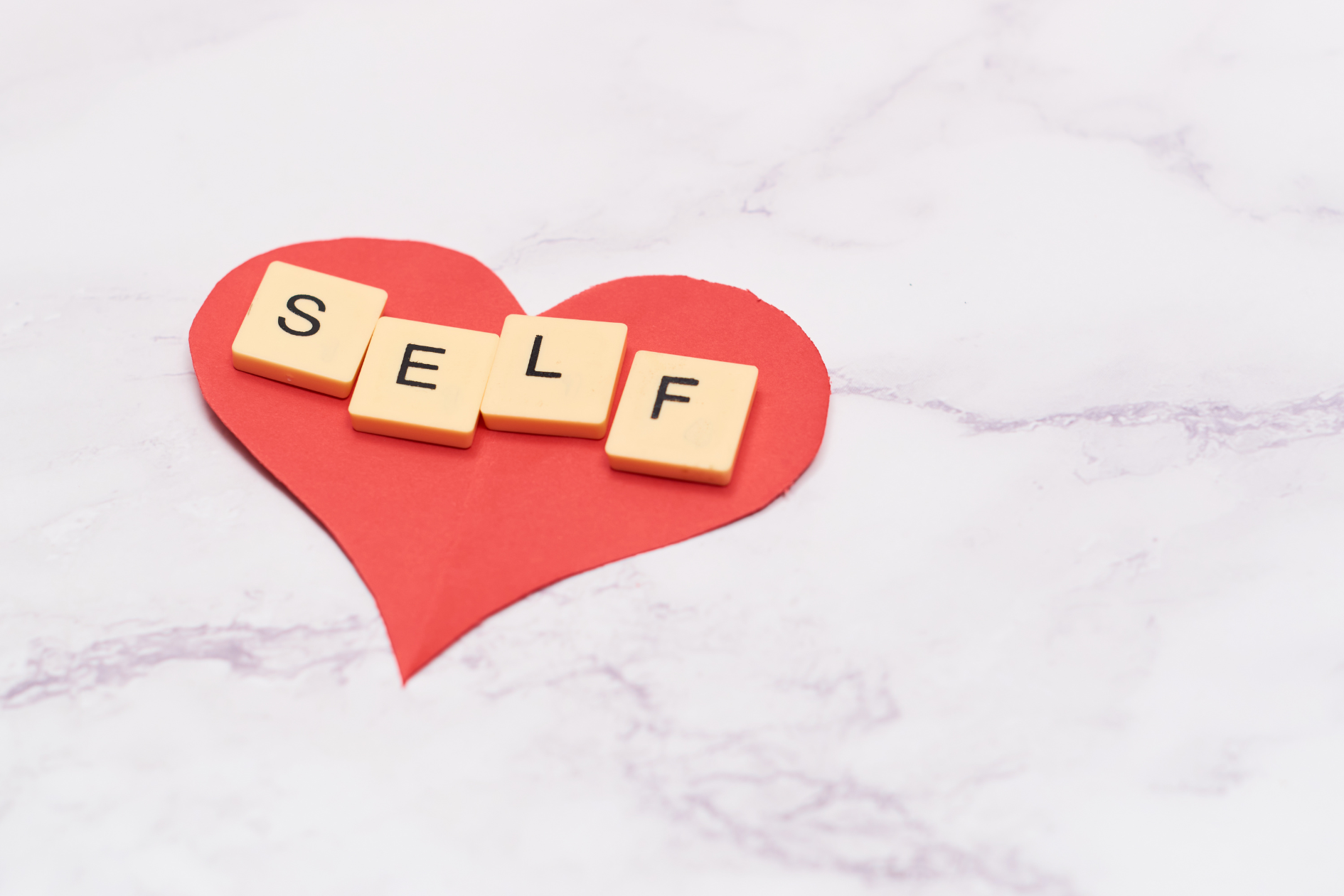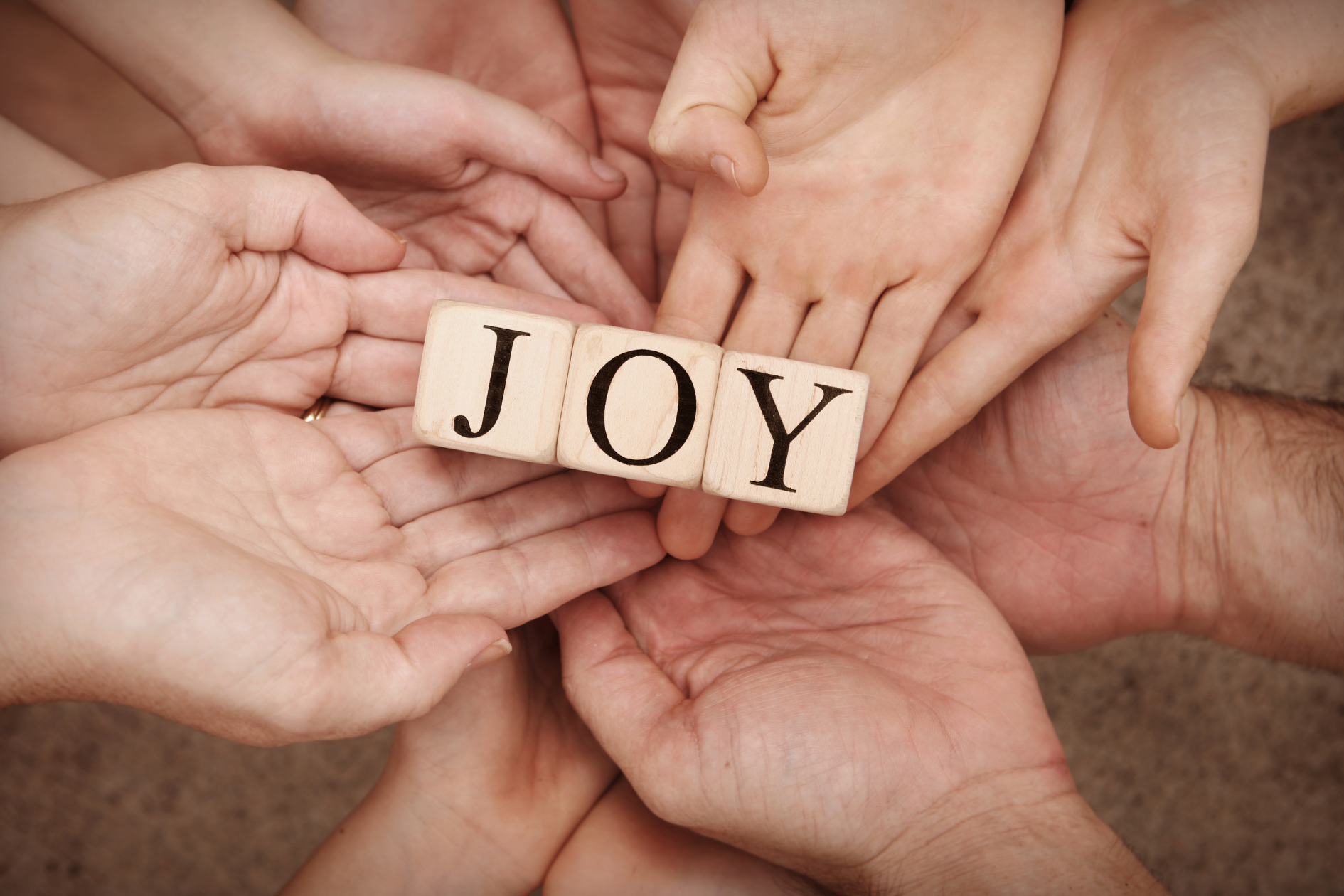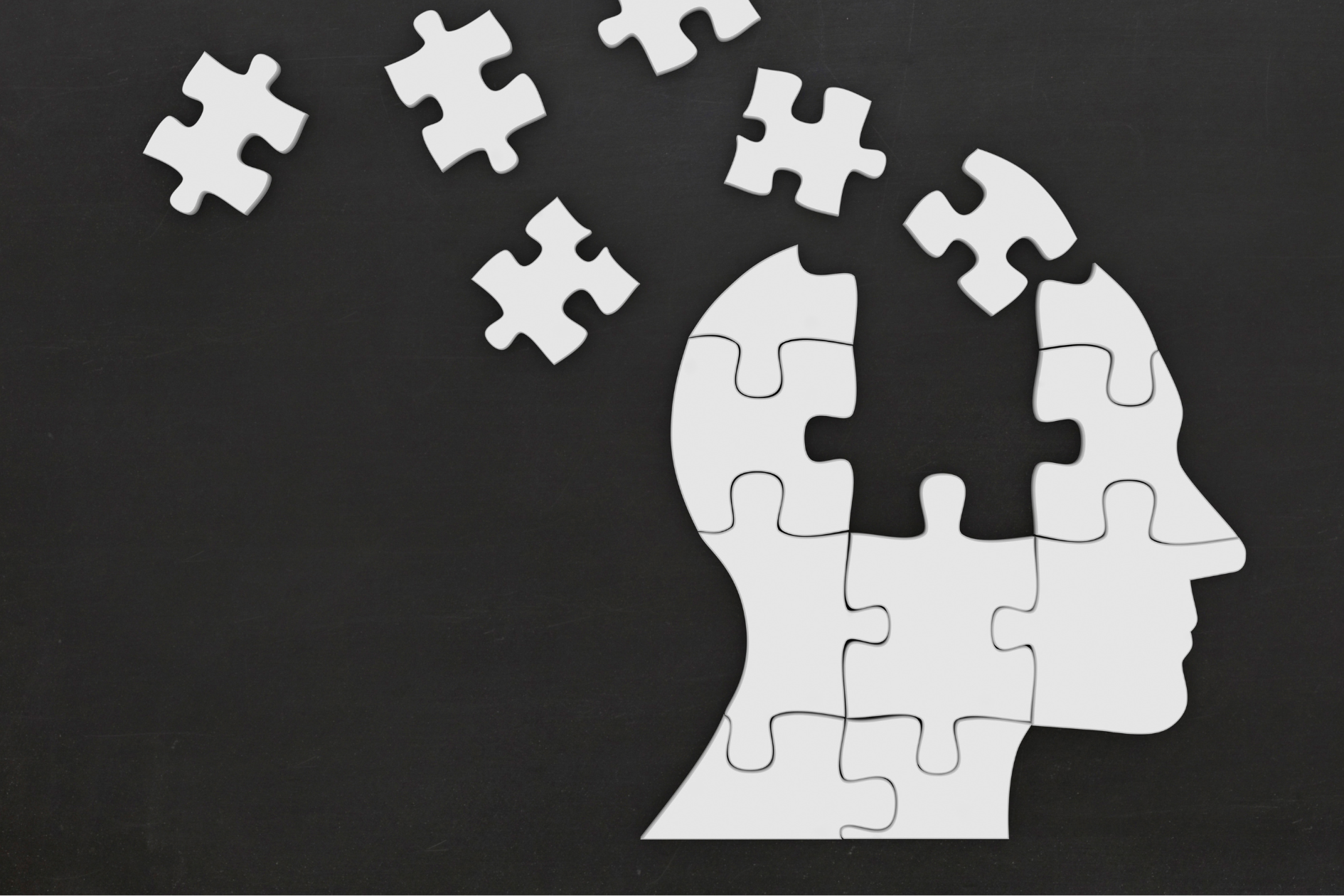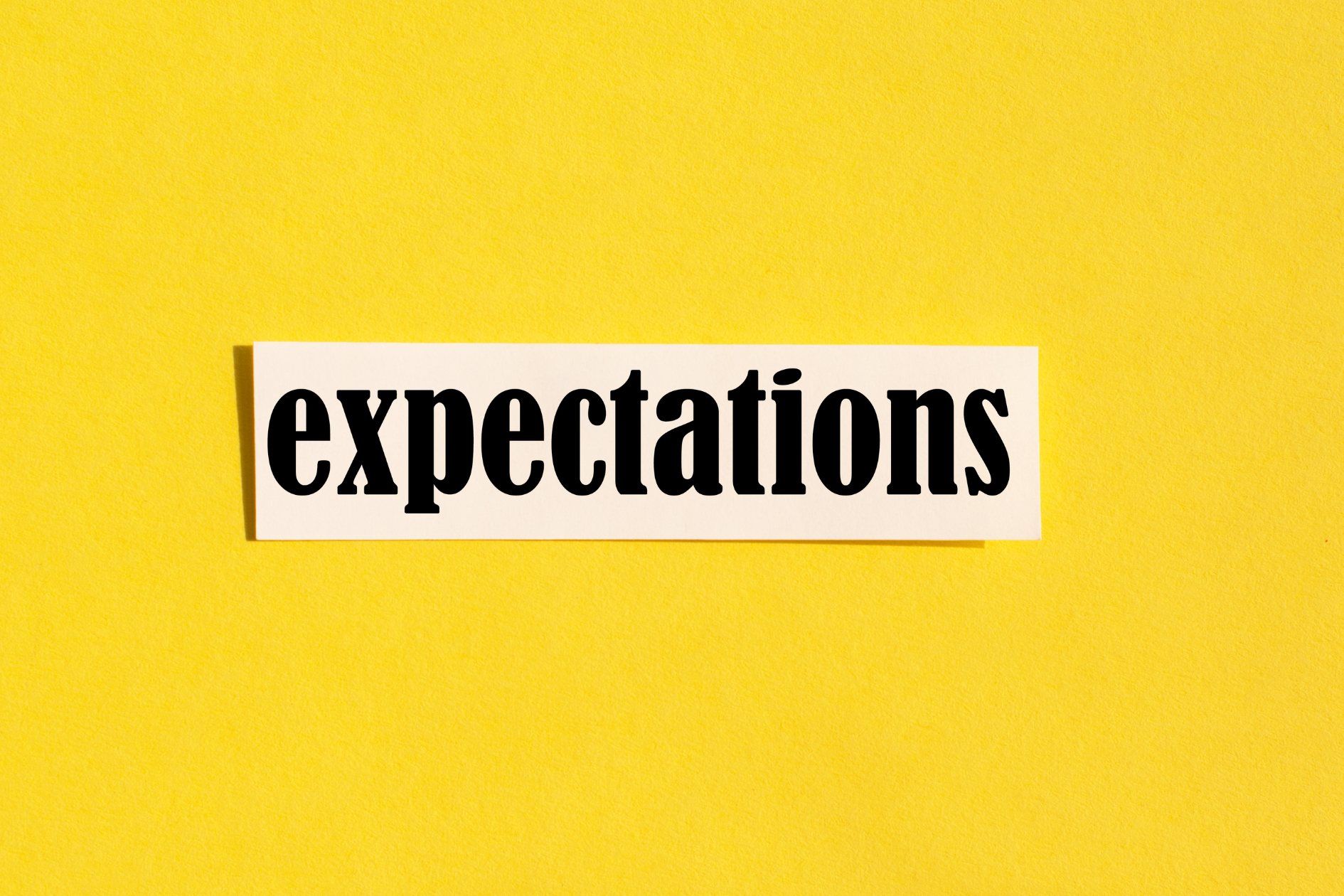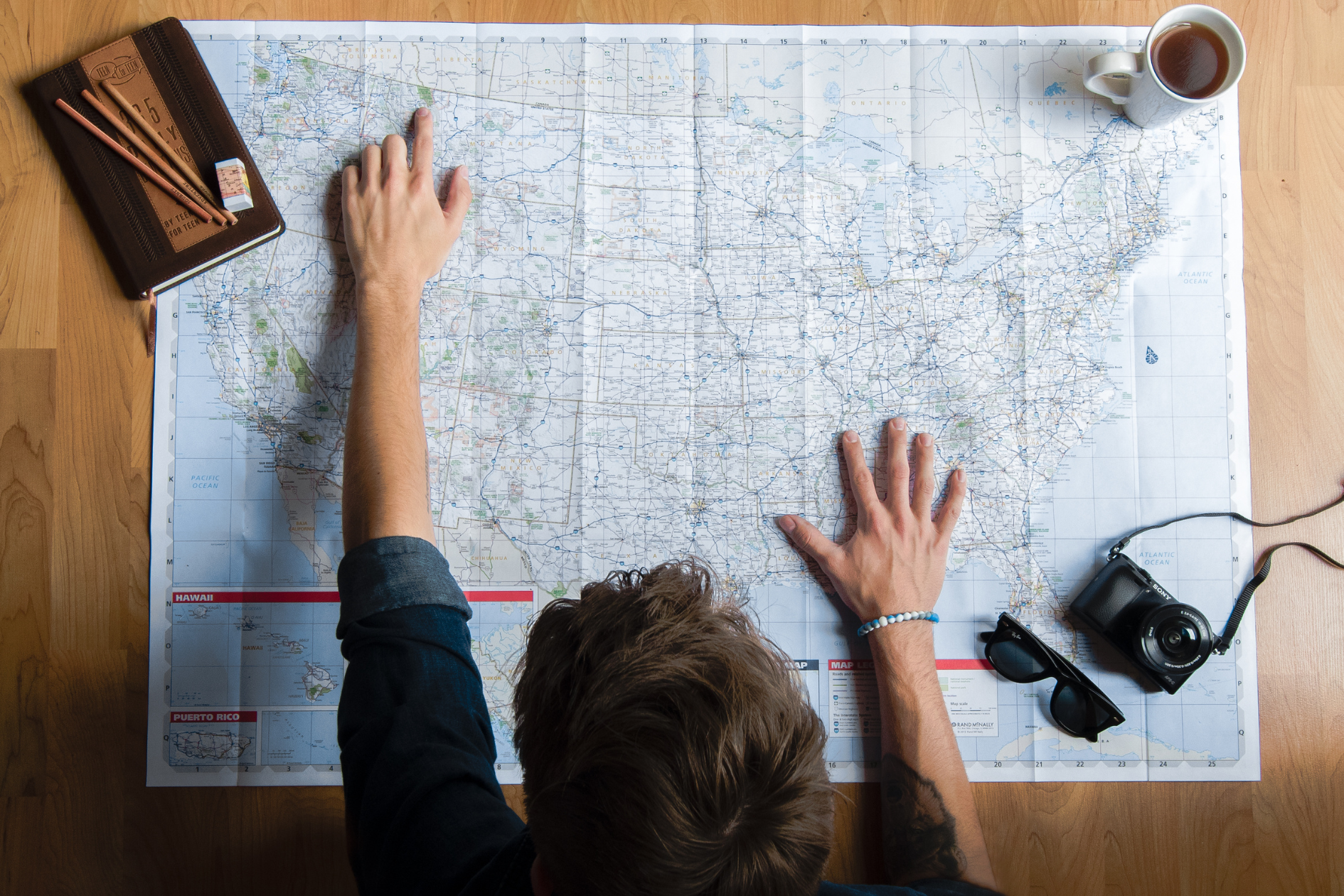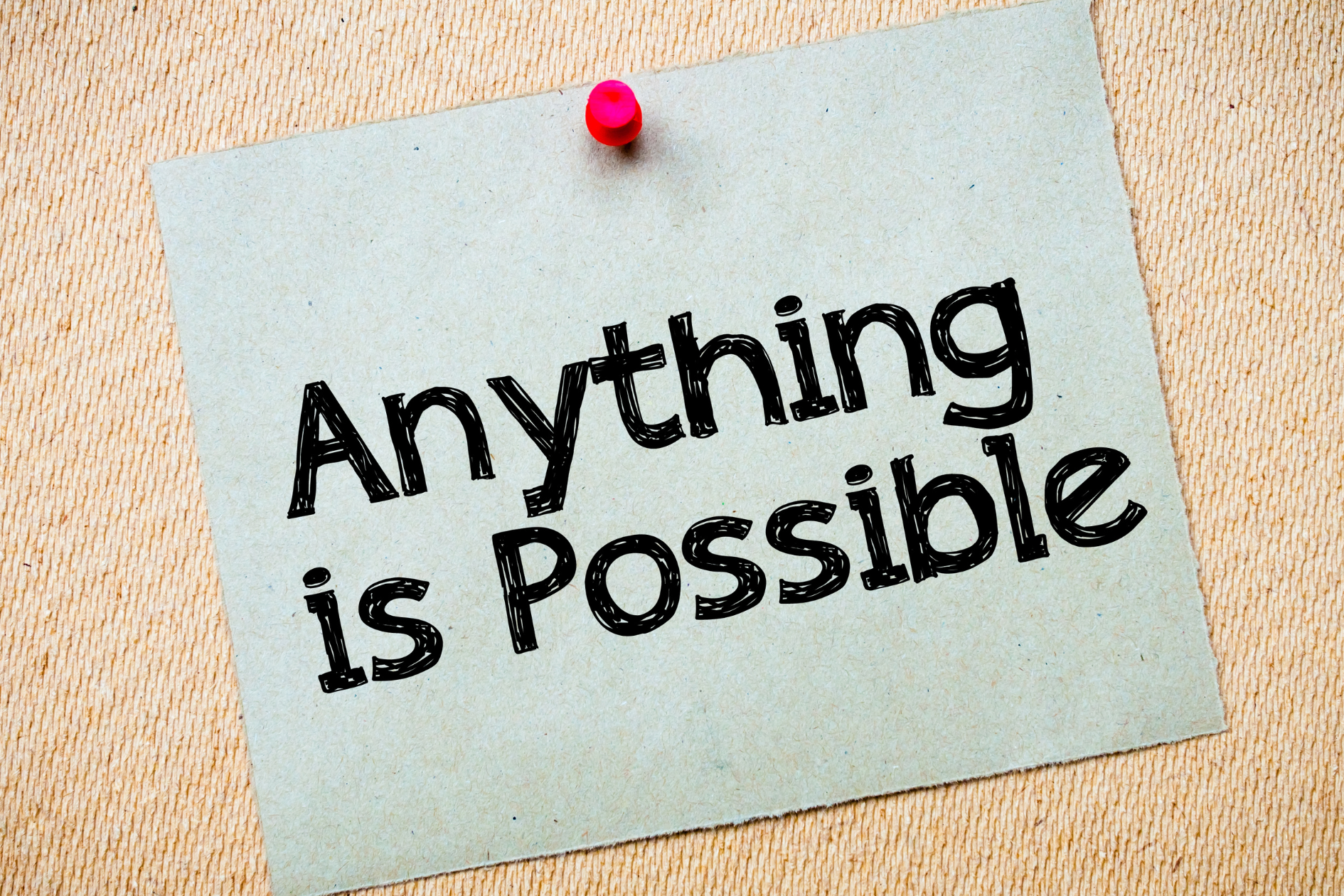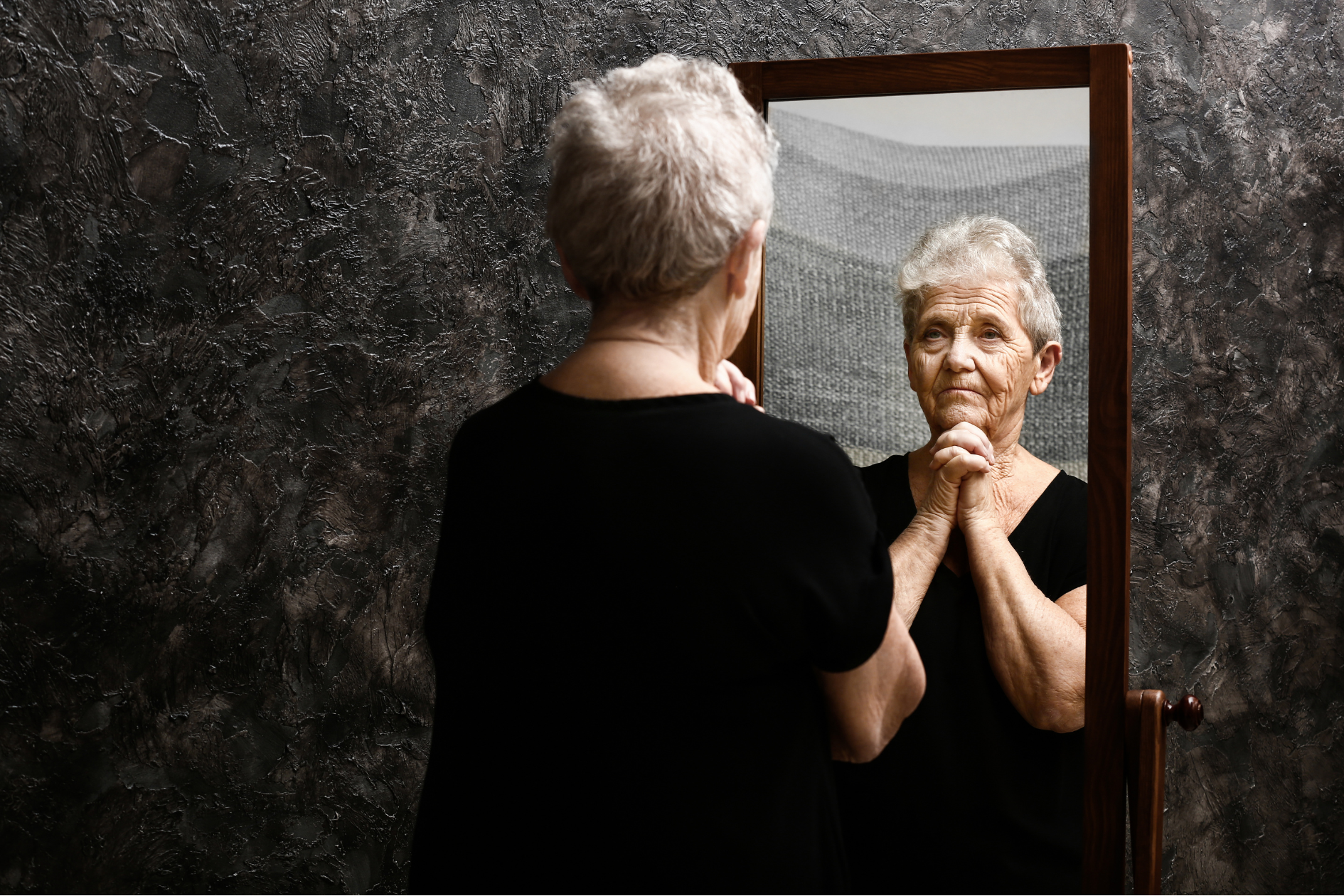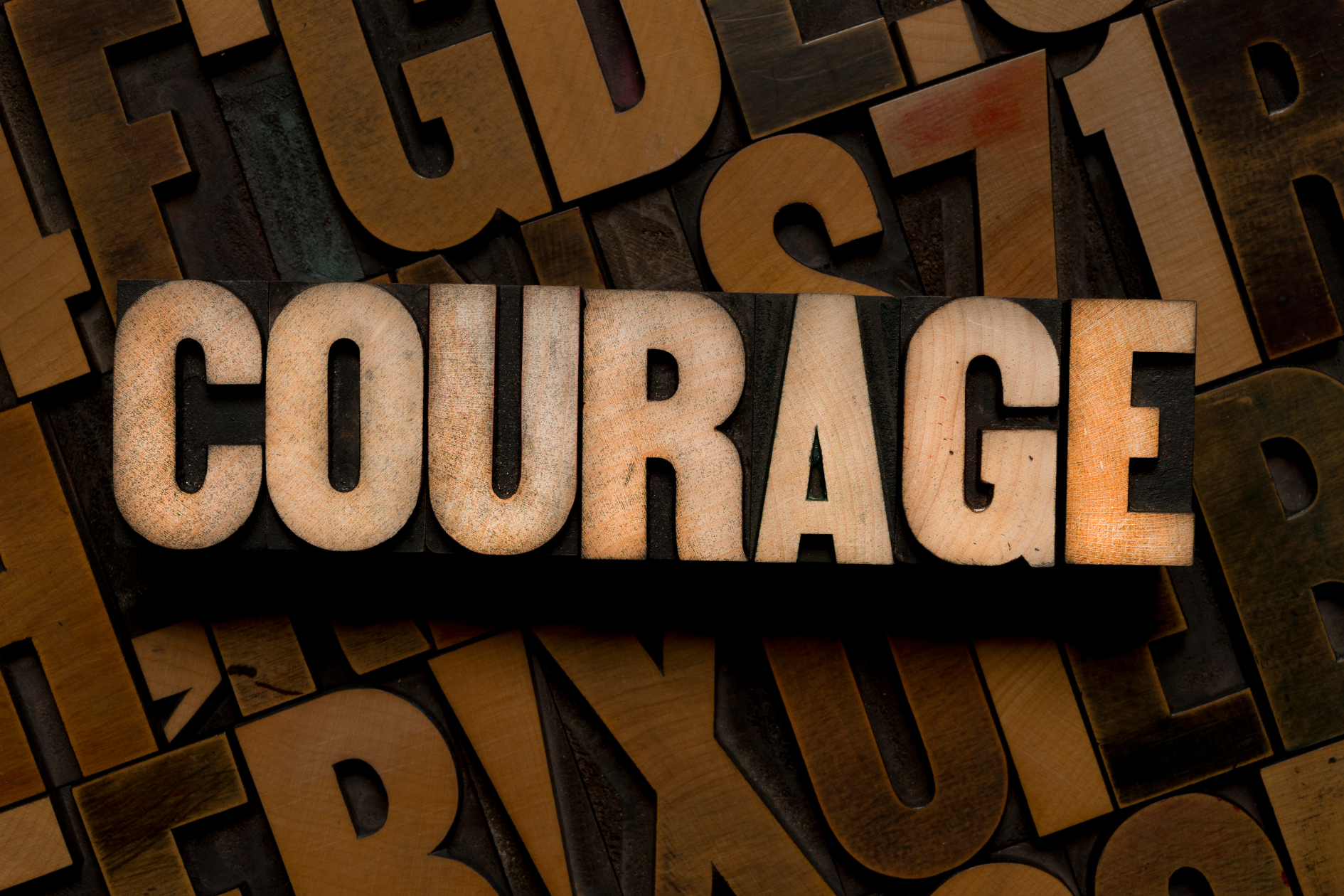Welcome to our blog! We post our weekly inspirational emails and monthly newsletters here as a resource for caregivers. You can use the search window to search by blog “tag” or the archive index to search blog by theme (from our curriculum).
SEARCH OUR BLOG ARCHIVES:
Archive
- Advocacy
- Attitude
- Burnout Prevention
- Caregiver Support
- Cognitive Wellness
- Collaboration
- Common Humanity
- Courage
- Creative
- Creative Empowerment
- Dream Big
- Emotional Wellness
- Empowerment
- Environmental Wellness
- Growth Mindset
- Management
- Mental Health Awareness
- Mindfulness
- My Place in the World
- Newsletters
- Outlook
- Outside Interests
- Physical Wellness
- Programs
- Relationships
- Self-Care
- Self-Discovery
- Setting Intentions
- Social
- Spiritual Wellness
- Tenacity
- Vocational
- Wellness
- You Have Power to Grow
- Your Body is a Temple
FEBRUARY THEME: Self-Discovery
“Finding oneself is a journey, not a destination.” — Unknown
In January, we discussed the power of setting intentions for who we want to be. Now at the end of February, we are well into our personal journeys of self-discovery. Some of us may be finding our paths as straightforward as we had hoped while others of us may be feeling challenged by the unexpected directions our roads are taking us. Wherever you may be on your journey, now is a great moment to pause and reflect.
As the quote states above, self-discovery is about the journey, not the destination. How have you grown in the last two months? Where do you hope to improve? Who has supported you? By taking a break to reflect, we can recognize our own inner strengths and treat ourselves with the self-compassion we need.
TOOLS FOR SELF-DISCOVERY
Be Compassionate Toward Yourself. While this is often easier said than done, remember that there are MANY ways to be compassionate toward yourself. Check out this toolkit for some suggestions!
Look for Joy in Your Life. Acknowledging joy in your life does not mean ignoring your pain or sadness. Rather, finding joy can mean recognizing the small and big things that boost your soul and encourage you to keep going even during challenging times.
Identify Your Strengths. We all have strengths that motivate us and help us through difficult dilemmas, but identifying them can be tricky. Sometimes just starting with the activities you enjoy or what others have complimented you on can be a good start.
Remember, you got this! Best wishes as you journey on! 💙
Check out the complete February 2026 Newsletter focused on Self-Discovery here.
“With self-compassion, we give ourselves the same kindness and care we’d give to a good friend.”
~ Dr. Kristin Neff
As caregivers, if there’s anything we’re really good at, it’s providing care to others. Then, why is it so hard to care for ourselves, too? We’re often hard on ourselves—beating ourselves up with self-doubt, self-blame, negative self-talk, and could-have–should-have thoughts.
“When you know your strengths, you know where you can be strong on purpose.”
— Marcus Buckingham
Caregiving is hard, but none of us comes to this journey empty-handed. We bring skills, values, and inner resources that help us navigate our challenges and achieve our goals. Identifying those strengths is part of self-discovery. When we slow down enough to understand who we are beneath our responsibilities, we gain clarity about what sustains us and what drains us. This knowledge helps us shift from surviving each day to caring with intention.
“Sometimes the smallest things take up the most room in your heart.”
— A.A. Milne
Oh how I wish my caregiving was full of rainbows, unicorns, and sunshine all the time. Just as in life, caregiving comes with its good days and bad days, its joys and its sorrows. There have been more days than I can count where I’d love to push the “easy” button.
JANUARY THEME: Setting Intentions
“By recording your dreams and goals on paper, you set in motion the process of becoming the person you most want to be. Put your future in good hands — your own.” ~ Mark Victor Hansen
The beginning of the year often comes with exhilaration as we make bold plans to establish new habits, renew promises to ourselves, and look for areas for growth. But even as the possibilities excite us, fear may shadow us as we worry about what challenges this new year may hold and whether or not we are up to the task to meet them. As caregivers, we know all too well how quickly change occurs.
This is why we start with setting intentions. The simple act of establishing clearly what we will do this year can help guide us to our values and the actions we can take to realize them. We can manage our expectations while staying open-minded to the opportunities that come our way. By using "I will" statements rather than "I want" or "I won't" phrases, we can shape our intentions with the strengths we already have and desire to build, and, as a result, guide our decision-making and behavior to align with our goals.
3 TOOLS FOR SETTING INTENTIONS
Find Your Inner Peace. Start with the person you are in this moment. Remind yourself of who you are, what you value, and how you can leverage your strengths.
Remember, You Have the Power to Design Your Own Life. You get to decide what your life becomes! Reflect on your values and strengths to see what areas you would like to focus on this year.
Practice Self-Compassion. Obstacles are bound to happen! Be gentle with yourself and remember that you are doing everything you can in this moment with the knowledge and resources you have. Progress is the goal, not perfection. You got this!
Check out the complete January 2026 Newsletter focused on Setting Intentions here.
“Flexibility is the key to stability.” — John Wooden
Caregiving often requires stability in the middle of uncertainty. Many of us believe that stability means holding firm—sticking to routines, pushing through exhaustion, and keeping everything from falling apart. But stability also requires flexibility, as John Wooden reminds us in the quote above, and flexibility stems from open-mindedness.
For caregivers, open-mindedness isn’t about giving up standards or caring less. It’s about adapting in ways that help us stay grounded over the long haul. When we allow ourselves to be flexible, we reduce the pressure to have everything figured out and make room for a stability that is realistic, humane, and sustainable.
“If I pretend to myself that I’m different from the way I truly am, I’m going to make choices that won’t make me happy.” — Gretchen Rubin
I’ve written about Gretchen Rubin’s book, The Four Tendencies, before. After reading it a few years ago, I just knew we had to add “managing expectations” as one of the topics in our curriculum! Besides healthy boundaries and navigating guilt and shame, I’d say managing expectations is one of the things we talk about most with caregivers.
“We don’t learn from experience; we learn from reflecting on experience.” — John Dewey
I don’t know about you, but I have a complicated relationship with New Year’s resolutions. I don’t subscribe to the “New Year—New YOU” mantra. Here at Courage to Caregivers, as we begin our 8th year of providing programs to support unpaid family caregivers and working to prevent caregiver burnout, I am reflecting on all of the practices I have created for myself. One of those is setting intentions, which is our theme for January. Setting intentions for yourself is all about focusing on WHO you want to BE instead of WHAT you want to DO. After all, we’re human beings, not human doers. Being is at the heart of self-care.
“It's your outlook on life that counts. If you take yourself lightly and don't take yourself too seriously, pretty soon you can find the humor in our everyday lives. And sometimes it can be a lifesaver.” - Betty White
How would you describe your outlook on life? Hopeful? Cautious? Fluid? Static? Taking the time to understand our outlooks can help us better understand how we react to the various people, situations, and challenges we face in our lives. Our outlooks can have powerful impacts on the decisions we make. Do we take advantage of an opportunity that comes our way or do we let it pass? How much do we believe in our own inner strengths and our abilities to find support?
Cambridge Dictionary defines OUTLOOK as "a person's way of understanding and thinking about something." When we have a hopeful outlook, we are able to feel motivated to learn and improve. When we are open-minded, we feel capable of turning possibilities into realities. While simply changing our outlooks will not erase all of the barriers we face in life, it can help guide us to certain actions and energize us to persevere and obtain the support we need.
3 TOOLS TO MAINTAIN A HEALTHY OUTLOOK
Have a hope-centered mindset.Hope reminds us of our inner strengths and ability to enact change. As the world shifts around us, our hope can also wax and wane, but remember that hope is not a finite resource. We can always find hope in ourselves and in our surrounding environments and communities.
Cultivate inner peace. Our days can be filled with chaos and it is easy to feel as if we have no control over our own lives. However, by taking the time, even if it's only five minutes, to find our inner calm, we can feel more prepared to tackle the challenges we face.
Embrace possibility thinking. By engaging with possibilities, we can allow ourselves to recognize what we want to happen in our lives. Once we recognize what we want, we can then understand the steps we have to take to make those wishes come true.
Check out the complete December 2025 Newsletter focused on Outlook here.
“The wound is the place where the light enters you.” — Rumi
For unpaid family caregivers, the winter solstice often feels less like a calendar event and more like a mirror. It is the longest night of the year—a season that echoes the exhaustion, isolation, and emotional weight that caregiving can bring. Rather than asking us to push through or “stay positive,” the solstice offers something caregivers rarely receive: permission to pause (especially at this hectic time of year). It invites us to acknowledge the darkness honestly, without judgment, and to honor all we have done to simply keep showing up.
“In the middle of difficulty lies opportunity.” — Albert Einstein
Like you, I am no stranger to challenges. I have faced many difficulties throughout my life. I have learned that I have the choice to look at these times in my life as challenges or opportunities. Just like learning from my mistakes, I try to learn what I can during times of personal or professional distress.
“Peace does not mean to be in a place where there is no noise, trouble, or hard work. It means to be in the midst of those things and still be calm in your heart.” — Unknown
In an increasingly uncertain and turbulent world, cultivating inner calm has become essential for staying grounded and connected to what truly matters. Experts across psychology, spirituality, and personal growth emphasize that inner calm begins with turning inward—allowing ourselves to gently acknowledge our fears, vulnerabilities, and emotional divides. As Tara Brach explains, when we courageously make space for our own difficult feelings with kindness and presence, we strengthen our ability to extend compassion to others. This inner tenderness becomes the foundation for greater peace, intention, and connection, helping us navigate anxiety, conflict, and the weight of the world with clarity and resilience.
“Once you choose hope, anything is possible.” — Christopher Reeve
Overall, I am a very hope-filled person. Yet, there have been times when I haven’t always been able to find hope. I wouldn’t say I was hopeless, but I have supported loved ones who were. When providing mental and emotional support for my brother who lived with anxiety, depression, and obsessive-compulsive disorder, as well as suicidal ideation, I believed he had given up on hope. As he gradually lost hope, I felt hope slipping away for me, too. So much that when our family created our walk team for the local suicide prevention organizations we support, we named ourselves the “Hope Seekers.”
I found my way back to hope. It was a conscious choice—a mindset—and something I have worked on for many years. I have since studied the science behind hope, and what I’ve discovered is nothing short of inspiring.
Hope isn’t just a feel-good emotion, it’s a powerful, measurable driver of well-being. Two large research efforts, including a 14-year study of 25,000 adults, found that people with high levels of hope experience better health, stronger relationships, greater resilience, and improved economic, educational, and employment outcomes. Unlike optimism, which is simply believing things will get better, hope reflects determination, agency, and the ability to take action. Hopeful individuals are less affected by negative life events, adapt more quickly, and feel a greater sense of meaning in life. Researchers emphasize that hope is a skill that can be developed at any age and may be one of the strongest predictors of long-term fulfillment, longevity, and overall quality of life.
“One of the most important things you can do on this earth is to let people know they are not alone.”
- Shannon L. Adler
We can't go through life without collaboration. Whether we're listening to and acting on our loved one's needs or scheduling a meetup with friends, we are constantly collaborating with those around us. However, as caregivers, opening ourselves up to collaboration can feel particularly complicated. It's not uncommon to find ourselves feeling isolated as we wonder if our peers and coworkers can understand our journeys and as we feel pressured to take on our responsibilities alone. We may even question whether or not we have the right to tell our stories as it is our loved one's stories of living with mental illness and other chronic or serious illnesses.
At Courage to Caregivers, we make it clear that you are not alone. When we recognize and honor the strengths and wisdom of both the people around us and ourselves and become open to collaboration, we are able to work together to care for not just our loved ones but also ourselves. We are much stronger together than we are alone.
3 TOOLS FOR COLLABORATION
Practice Active Listening - By listening to understand rather than to respond, we can better connect with those around us.
Be Empathetic - By feeling "with" others rather than "for," we can more strongly understand where people are coming from.
Ask for What You Need - By being specific about what we need from the people who want to be there for us, we can help others in supporting ourselves.
Check out the complete November 2025 Newsletter focused on Collaboration here.
“During your time of grief, the very rituals of the holidays can help you survive them.” ~ Alan Wolfelt
While we covered grief and loss as our topic way back in April (you can search what I’ve shared about grief over the years on our blog here), I wanted to share that we lost our 92-year-old-Dad last week, and one of the ways I process my grief and loss is through writing and sharing my story. It also feels like a good time to share some thoughts around coping with grief and loss at the holidays - for me, and perhaps for you, too? Even if you haven’t lost someone you love physically, as caregivers we face complicated grief and ambiguous loss in our caring every day.
“Gratitude makes sense of our past, brings peace for today, and creates a vision for tomorrow.”
~ Melody Beattie
For unpaid family caregivers, our days can be filled with both deep love and deep exhaustion. While it’s easy to focus on what’s hard or what we wish were different, cultivating an attitude of gratitude can help us protect our emotional and mental well-being.
Gratitude is a powerful tool—it shifts our focus from what’s missing to what’s meaningful, reducing stress, improving mood, and strengthening resilience. When we take even a moment to acknowledge micro-joys—such as a kind word, a shared laugh, a peaceful breath—we remind ourselves that hope and healing still exist within the challenges.
Gratitude doesn’t ignore the difficulties of caregiving; it transforms how we carry them. When we practice noticing what’s good, we create space for peace, connection, and balance. It helps us respond to our loved ones with more patience and compassion while nurturing our own sense of purpose. Every day may not be easy, but every day offers something to be thankful for—and that gratitude becomes one of our strongest protective factors against burnout.
“Stay in your own lane. Comparison kills creativity and joy.” ~ Brené Brown
Just a few weeks ago I wrote about progress over perfection and that one of my loved ones that I provide care for was having a hard time accepting their lack of mobility. We are still encouraging micro-steps as progress and try to celebrate small wins. I think looking at progress, no matter how small, instead of perfection, pairs nicely with this week’s topic of compare and despair.
“Compare and despair” thinking often brings feelings of jealousy and envy—emotions that drain our energy and joy. We can choose a different path by practicing self-compassion and remembering that we are each unique, imperfect, and still growing—perfectly imperfect perpetual works in progress. When we stop trying to be someone else and focus on nurturing our own strengths, we give ourselves permission to bloom exactly where we are planted.
“We see the world, not as it is, but as we are—or as we are conditioned to see it.” ~ Stephen R. Covey
As caregivers, our minds are constantly narrating—filling in gaps when things feel uncertain or overwhelming. Sometimes that story sounds like, “I’m not doing enough,” or “No one notices how hard I’m trying.” But when we pause and ask, “What story am I telling myself?” we give ourselves the power to step back and see the situation more clearly.
“Bravery is being unafraid of something other people are afraid of. Courage is being afraid, but strong enough to do it anyway.” ― Taylor Jenkins Reid, Atmosphere
It's no secret that the world can be scary. Whether our fears stem from issues on the global and national scale or from the seemingly little troubles in our days, we all know what it feels like to be afraid. So how can we have courage in a world that is frightening? As Taylor Jenkins Reid explores in her novel Atmosphere, courage does not have to mean the absence of fear. In fact, being courageous can be directly tied to our fear.
To be courageous, we have to first recognize a situation as calling the need for courage and that means acknowledging our fears. We can accept our fears of embarrassment and imperfection while also understanding that mistakes are opportunities for growth. It's okay to feel scared to say "no" to an invitation that does not fit our values or needs while simultaneously recognizing the importance of setting healthy boundaries. Courage is not the absence of our fears, but being able to live with them.
3 TOOLS TO DEVELOP COURAGE:
Notice and Accept Your Thoughts and Emotions - It is natural to feel scared, stressed, and overwhelmed at times. Life is hard and unexpected situations and events occur! There is no shame in experiencing emotions. What matters is what we do with them.
Embrace Your Fears and Share with Others - Recognize which of your fears are legitimate and which are unfounded. Remember, you are NOT alone. Find your community of support. Join our group coaching here!
Own Your Power and Choose Courage - Courage is something we can learn. Take stock of your strengths and room for growth and courageously take action. You got this!
“No is a complete sentence.” ~ Anne Lamott
As unpaid family caregivers, we often feel pressure to explain ourselves when we set boundaries or say no. But Anne Lamott’s words remind us that “No is a complete sentence.” We don’t need to justify saying no to protect our energy or take care of our own well-being.
WHY is it SO hard to say NO? For caregivers, sometimes it’s out of fear of conflict—we worry that setting a boundary will create tension with someone else. Other times, it’s the fear of losing love—we want to be agreeable so others won’t pull away or reject us. And often, we simply don’t want to hurt or disappoint others, even if that means saying yes to something that drains or hurts us instead.
"Do what you can, with what you have, where you are." ~ Theodore Roosevelt
As unpaid family caregivers, we often feel like we should be doing more—like there’s never enough time, energy, or resources to meet every need. Theodore Roosevelt’s words remind us that our strength comes from showing up with what we do have, right where we are.
Every small act of care, every boundary we set, every moment of patience we find is enough. By focusing on what we can do, instead of what we can’t, we protect our own well-being and create sustainable caregiving that lasts.
One of the loved ones that I care for has been feeling really discouraged, disheartened, and disappointed lately. They were told by their physical therapist that they weren’t making enough progress, and therefore, the therapy would no longer be covered by their insurance. My loved one viewed that as failure, which led to anger, shame, and blame. They asked what I wanted them to do, and I said it was what THEY wanted to do; that was enough. We’re committed to showing them a different path forward, to strive for progress over perfection, focusing on small wins, like getting out of bed and into the wheelchair, even if it’s just to leave their room for a change of scenery.
"When we are no longer able to change a situation, we are challenged to change ourselves."
~ Viktor E. Frankl
You have a power within you—to focus on challenges not as obstacles but as opportunities—to rise, to learn, and to find resilience. Caregivers can use this power to discover strength and wisdom through adversity, leaning into the hard moments to find new ways to adapt and overcome.
Although the weight of our responsibilities may feel overwhelming in those moments, we always have a choice to either let the stress hold us back or let the challenge make us stronger. Here's an affirmation to use when faced with such a choice:
🌟 “Each challenge I face is a chance to grow stronger.
I have the courage, wisdom, and resilience to keep moving forward.” 🌟
“Do the best you can until you know better. Then when you know better, do better.” ~ Maya Angelou
I don’t know about you, but I’ve made more mistakes than I can count over my last 15 years as a caregiver. Yet, my goal is always to grow through what I go through and learn from those mistakes to help both myself and others.
So I feel like I manifest the quote above on a daily basis. I’ve also added, “I’m doing the best I can, with what I have, in this moment.”
There’s SO much I didn’t know when I morphed from “just a sister”, “just a mother”, and “just a daughter” to unpaid family caregiver. Looking back, I definitely wasn’t managing the stress of caring for someone I loved, and I most definitely felt lost and alone. I was desperate for resources, connection, and tools to care for myself while caring for others. I still wish I had the “secret sauce” for preventing caregiver burnout. (Remember, I’m a perpetual perfectly imperfect work in progress!”)
As caregivers, we know all too well how much life demands persistence. Whether we're trying to stay on top of all of our loved ones' appointments or managing our own stress and anxieties, we are constantly being pushed to keep going. It becomes easy to think of persistence, and therefore tenacity, as something that will bring us to a clear end point. However, tenacity, in it's simplest terms is "the determination to continue what you are doing" (Cambridge Dictionary).
Even though life is often unpredictable and at times overwhelming, tenacity can encourage us to keep doing the little and big things that get us by day-by-day. This month, we explored how we can adopt a "realistic optimist" mindset and practice healthy coping mechanisms. We have the tools within us to persist and we are not alone.
3 TOOLS TO DEVELOP TENACITY:
1) Embrace Adaptability and Flexibility - Change is a constant in life and while that may on the surface seem to contrast with tenacity, by embracing adaptability and flexibility, we can better navigate the challenges we encounter and find the creativity needed to keep moving forward.
2) Find Your Support Network - While sometimes we need independence to persist, at other times, a little help and encouragement from others may be what we need to keep going. Whether your support network is just a couple people or a large group, having others you can count on can give you the boost you need.
3) Cultivate a Positive Mindset - As we discussed this month, it's possible to be realistic and optimistic. By recognizing the negative aspects of life without becoming consumed by them, we can more accurately tackle the hurdles we face and move forward.
Check out our September newsletter focused on Tenacity here.
"You can’t stop the waves, but you can learn to surf." — Jon Kabat-Zinn
Caregiving often brings steady waves of stressors, emotional ups and downs, and unexpected changes that cannot always be controlled. But as this week’s quote implies, caregivers may not be able to eliminate these “waves,” but we can develop healthy coping mechanisms—such as mindfulness, problem-solving, and self-care—that help us “surf” through difficulties with greater balance and resilience. This mindset protects us against burnout by shifting our focus away from fighting the inevitable to skillfully navigating it.
"Optimism is the faith that leads to achievement. Nothing can be done without hope and confidence." — Helen Keller
For unpaid family caregivers, perhaps nothing plays a more important role than an optimistic mindset. It fuels our hope and belief that challenges can be managed, as well as our confidence, which leads us to take action and seek solutions. This combination helps prevent burnout by fostering resilience, persistence, and a sense of purpose—even during the most difficult times of caregiving.
"Persistence is what makes the impossible possible, the possible likely, and the likely inevitable." — Robert Half
Caregiving and persistence go hand in hand. As this week’s quote illustrates, the steady, determined effort of caregivers can help them overcome challenges, sustain their own well-being, and continue providing compassionate support. It highlights the power of persistence in the face of ongoing challenges.
“When enough people come together, then change will come and we can achieve almost anything. So instead of looking for hope — start creating it.” ~ Greta Thunberg
Think of the last time you collaborated with another person. What was the task at hand? Were you working on a huge project that needed more opinions and perspectives? Or were you just looking for gentle encouragement on a simple task? Whatever form the collaboration took, ADVOCACY most likely came in handy whether you were speaking up for yourself and your ideas or championing the needs of others.
According to the Missouri Foundation for Health, advocacy is “any action that speaks in favor of, recommends, argues for a cause, supports or defends, or pleads on behalf of others.” As caregivers, we often find ourselves in advocate roles as we work to ensure our loved ones receive the care they need. In addition to advocating for our loved ones, we may also advocate for our own needs and for the needs of other caregivers.
The West Virginia University Health Science Center defines three different types of advocacy: self-advocacy, individual advocacy, and systems advocacy.
Self-advocacy relates to how we are able to communicate our own needs and defend our rights. We engage in self-advocacy when we understand our own needs, believe in ourselves, and communicate effectively with others.
Individual advocacy refers to when one or several people work together to protect the rights of another person. We become individual advocates when we nurture our support networks and speak up on behalf of our loved ones.
Systems Advocacy focuses on changing institutional policies, laws, and rules in order to protect groups of people. When we share our stories, join campaigns, and volunteer with dedicated advocacy groups, we are participating in systems advocacy.
Through advocacy, we are able to build relationships with others and be reminded of how connected we are to those around us. We do not have to go it alone. Instead, we can discover strength, community, and meaning. By finding hope and support in one another, we can heal and recover together.
Check out our entire August 2025 Newsletter focused on Advocacy here.
"The single biggest problem in communication is the illusion that it has taken place." – George Bernard Shaw
As caregivers, we often juggle complex emotional, medical, and logistical responsibilities. At such times, clear and honest communication is essential. Unspoken assumptions can lead to frustration, burnout, and conflict, and misunderstandings can arise if we just assume that others know what we need, even if we haven’t clearly expressed those needs. By effectively communicating, we can build understanding, reduce stress, and strengthen support within our caregiving relationships.



